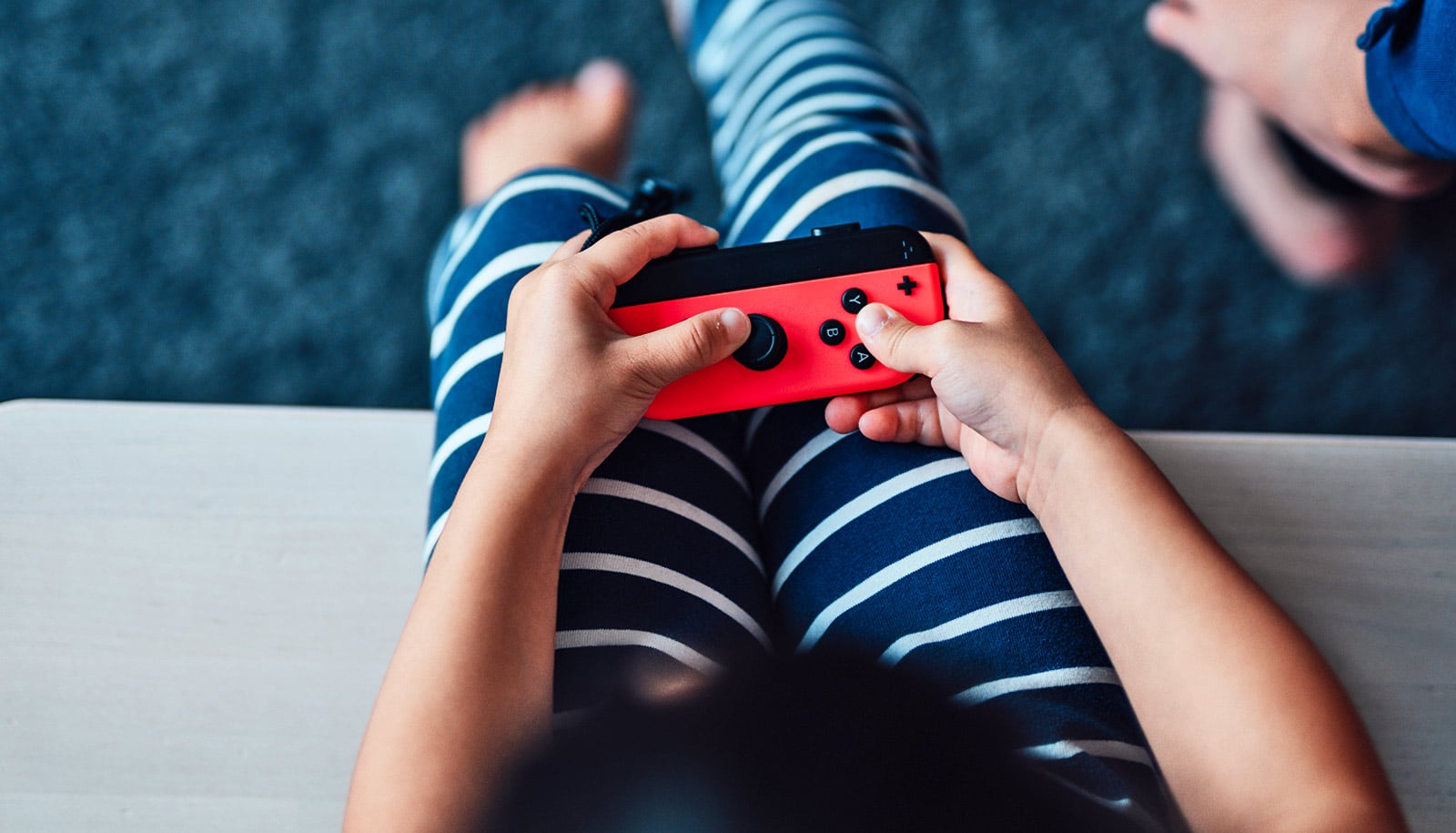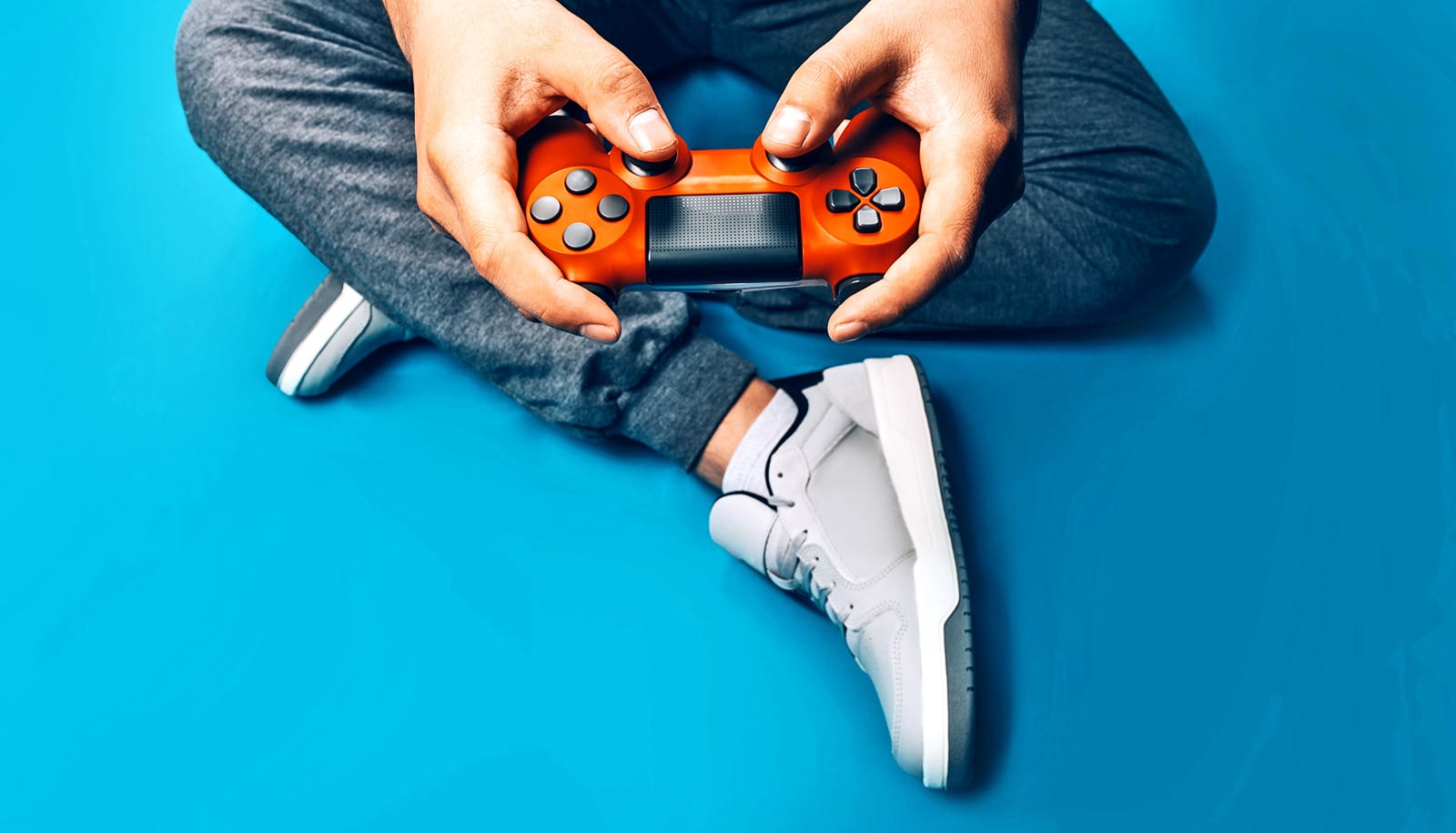Video games can contribute to and support the well-being of children if they are designed with the needs of children in mind, according to new research.
The report, the second in the Responsible Innovation in Technology for Children (RITEC) project, establishes that digital gaming companies and game designers can and should support the well-being of children through the games they produce. The study also demonstrates that digital play has a particularly positive impact on children’s autonomy, competence, creativity, and identity when it responds to their deep interests, needs, and desires.
Jan L. Plass, a professor at New York University Steinhardt, led one of three studies appearing in the report. To understand the effect of digital play on children’s well-being, Plass and his colleagues implemented a 10-week intervention involving digital games including Lego Builder’s Journey and Rocket League with 255 children ages 8 through 12 years old.
Among their findings, US children with a greater need for belonging relayed more positive feelings toward their social and parental relationships and an improved sense of autonomy. In Chile, children reported greater autonomy and improved parental relationships. In South Africa, the digital play generally supported well-being for all children.
“Many parents are concerned about screen time for their children, and this is the first study investigating the effect of digital play on well-being for this age group in the US, Chile, and South Africa,” says Plass, founding director of the Consortium for Research and Evaluation of Advanced Technology in Education (CREATE) Lab at NYU.
In addition to the experimental research, observational research was conducted in the homes of 50 families over a 14-month period with children ages 6 through 12 in Australia, Cyprus, South Africa, and the UK. Lab-based research measured heart rate, eye tracking, facial expressions, and galvanic skin response (changes in sweat gland activity) of 69 children, ages 7 through 12, playing digital games in Australia.
The three studies found that games can support children’s senses of autonomy, competence, creativity, and identity, as well as help them regulate emotions and build relationships.
But in order to support one or more of these aspects of well-being, games should consider certain features. For example, to support children’s sense of autonomy, a game could put them in control, allow them to make decisions about gameplay, and encourage them to develop their own strategies to progress. Or to support creativity, a game could allow children to freely explore and solve problems or create their own characters or narratives.
“For decades, people have often assumed that playing video games is somehow bad for children, undermining their well-being. But our new study paints a far more complex picture—one in which these games can actually contribute to children’s well-being and positively support them as they grow up,” says Bo Viktor Nylund, director of UNICEF Innocenti.
“This exciting research from UNICEF and leading academics shows that safe and inclusive digital play can have a profoundly positive impact on children’s lives,” says Anna Rafferty, vice president of Digital Consumer Engagement, the LEGO Group.
“These findings will empower responsible businesses to create a digital future where children are safe, nurtured, and equipped to thrive.”
“The finding that digital play can enhance child well-being and meet children’s psychological needs, such as the need for connections to others, is especially important at a time when we are concerned about children’s mental health,” Plass says.
“This research helps us understand not only how video games can impact the well-being of children, but also helps the producers and designers of these games understand what elements they can include to support children,” Nylund says. “We hope they will consider these findings as they design the games our children will be playing in the future.”
The findings will be followed later this year by the launch of a guide to assist businesses to incorporate these findings into the games they design.
Additional coauthors are from NYU, UNICEF Innocenti, Western Sydney University, the Graduate Center, City University of New York, the University of Sheffield, and the Australian Centre of Excellence for the Digital Child.
The LEGO Foundation funded the work.
Source: NYU



